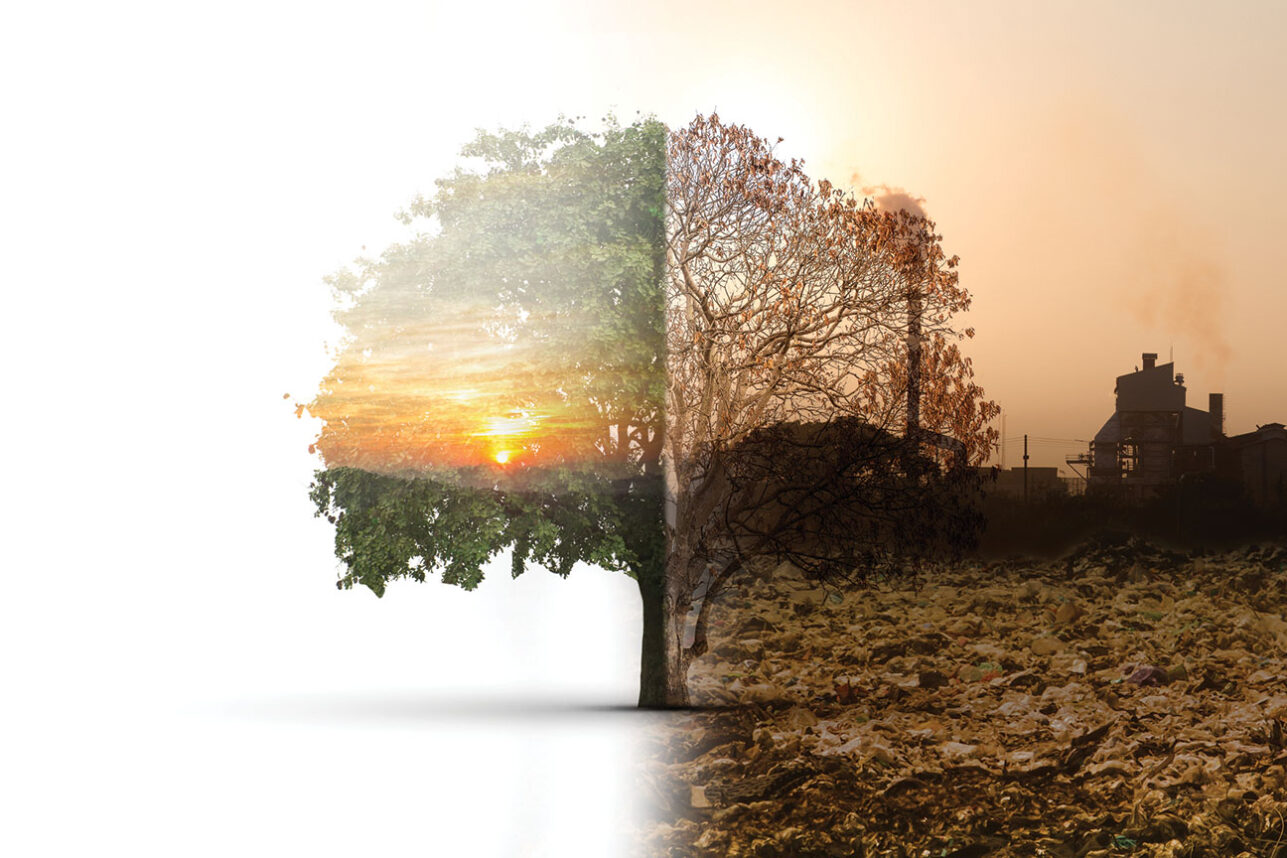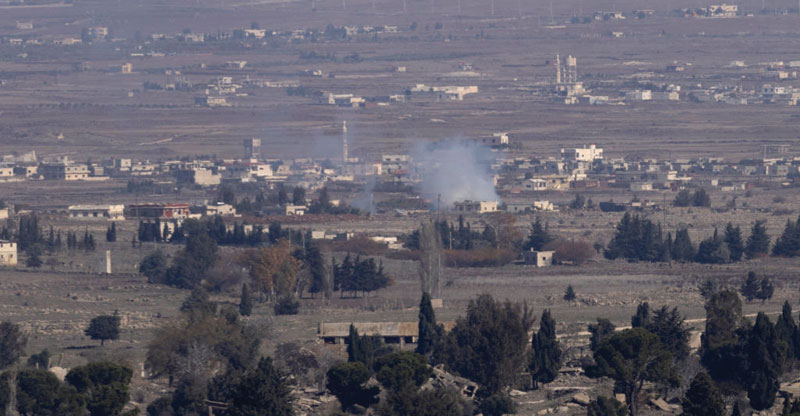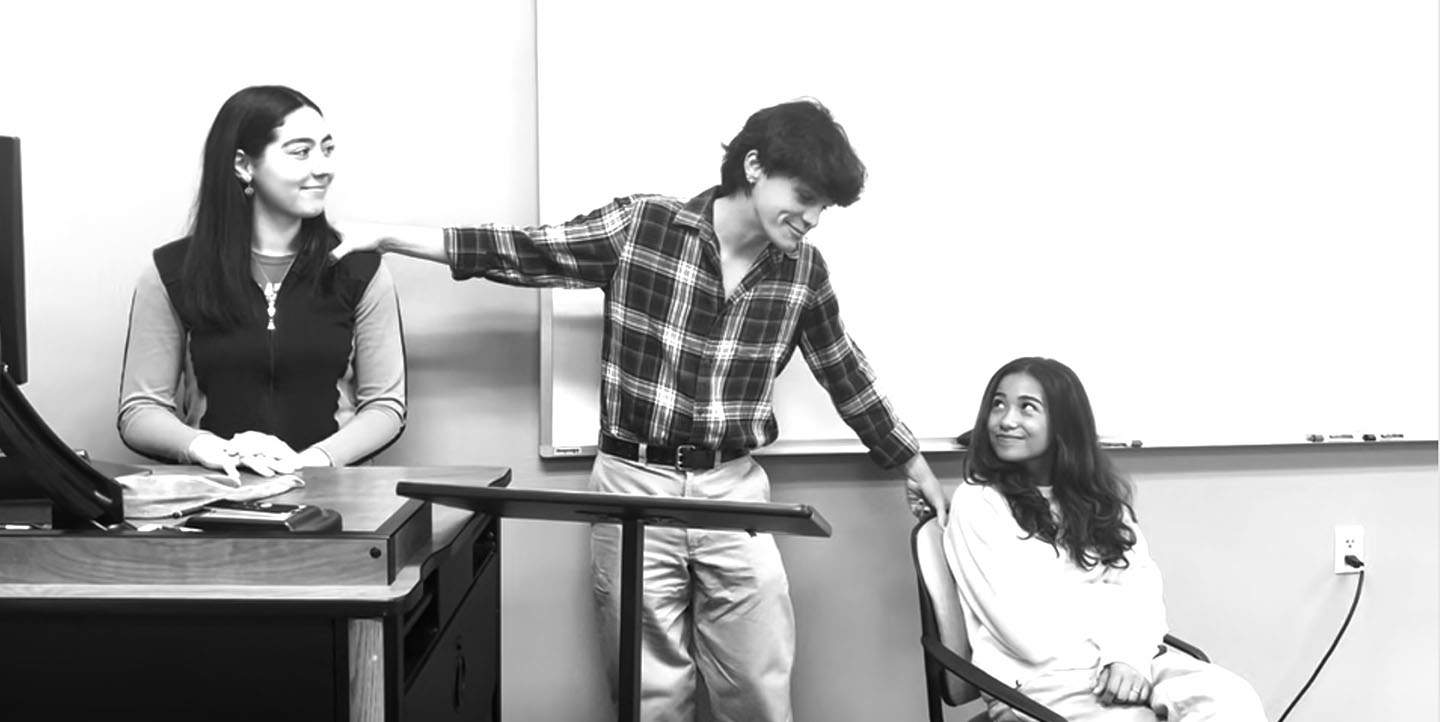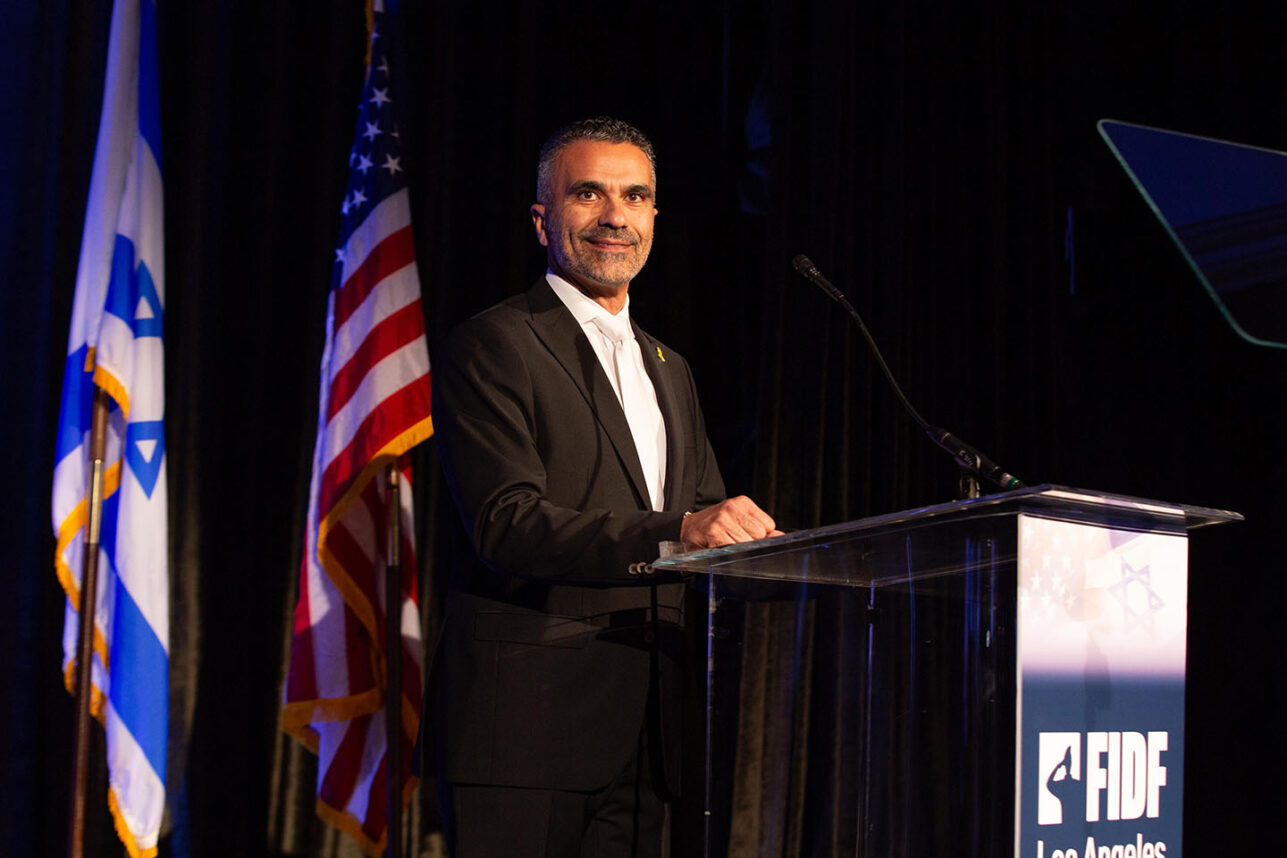The stench in New York after Sept. 11 reminded Julia Millman of Europe.
"I have seen it. I know what it’s all about," said the 76-year-old survivor of Auschwitz, Buchenwald and Bergen-Belsen.
In addition to losing her 40-year-old son, Ben, in the terrorist attack on the World Trade Center — he was a construction worker on the 101st floor of Tower One — Millman said the death and devastation revived gut-wrenching memories of her family’s murder in the Holocaust. As a young girl, Millman was forced to tie a rope around her dead mother’s neck and drag her gassed body to a pile of other victims. Now those old feelings of motherlessness and abandonment have returned.
"If it wasn’t for my social worker that tried to console me, that tried to help me in my sorrow, I don’t know if I would be here today," Millman said.
Millman is one of thousands who have received assistance from Jewish social service agencies for traumas associated with Sept. 11. For the most part, they praise the aid they received.
The Jewish community launched a massive, coordinated effort to help both Jewish and non-Jewish victims of the attacks. The UJA-Federation of New York raised funds in New York, where two of the planes hit, and the United Jewish Communities (UJC), the umbrella group of North American federations, raised funds throughout North America.
In areas affected by the attack, Jewish federations and their affiliated social service agencies also received government grants or private funding from foundations and/or individual donors. The funds have been used to provide support groups for victims and those re-traumatized by the incident, including Holocaust survivors or new immigrants. The funds also were used to provide cash assistance and job counseling and to help victims navigate the bureaucracy to obtain financial aid from government and private agencies.
The UJA-Federation of New York, one of 13 major charities comprising the 9/11 United Services Group, a resource for victims in New York City, has been at the center of the Jewish communal response. As of mid-August, the federation had raised $7.6 million in special funding for its agencies to expand services for Sept. 11 victims.
Of that sum, $2.1 million came from the UJC, which plans to add another $166,000 in the coming weeks, and $3.5 million came from The New York Times 9/11 Neediest Fund. The UJA-Federation raised the other $2 million.
On a smaller scale, the American Jewish World Service, an international development organization, distributed more than $650,000 to community-based organizations providing assistance to undocumented and low-income workers unable to obtain relief from mainstream sources. The organizations that received assistance included the Arab-American Family Support Center, Chinese Staff and Workers Association and American Pan-African Relief Agencies.
For its part, the UJC has raised $5.28 million, dispersing $3.9 million of it for immediate needs. It plans to disperse the rest by the end of the year for long-term services, such as tuition assistance and additional trauma counseling.
The Jewish Federation of Greater Washington — in the city where the third plane hit the Pentagon — received $100,500 from the UJC. The UJC also allocated funds to hard-hit New Jersey commuter areas like Monmouth County, which received $210,600, and Bergen County, which received $133,121.
Barry Swartz, vice president of UJC consulting, said the federation system did a "remarkable" job of quickly coordinating a response to the crisis. "We told federations right away, if families need money, they’re to disburse the funds, and we would reimburse" them, he said.
Several direct service providers said they were pleased with the response from the organized Jewish community. There wasn’t "one second that we felt that we were out there alone," said Jeff Lampl, executive director of Jewish Family Services of Bergen County. That was mainly due to the federation system and the local federation, "which immediately supplied us with a small amount of money to get going," he said.
The agency’s client pool "doubled almost overnight" after Sept. 11, Lampl said. "Almost to this day, taking care of these families has become the central concern of this agency," he added.
Many of those who received services praised the response. Robin Wiener, who lost her brother, Jeff, 33, in the attack on the World Trade Center, said the sibling support group she attended — sponsored by the Jewish Social Service Agency of Greater Washington, the primary Jewish organization responding to local victims there — was "amazing." The sibling support group, sponsored by the agency, was formed following a February gathering of friends and family members of Sept. 11 victims.
The "emotions you go through and the loss that you feel is a loss that is unique to the relationship you had," said Wiener, 38. "My brother and I were very close and very similar in many ways, and I just always assumed he’d be there."
Weiner’s brother, a senior financial executive, had been about to leave on a vacation in Spain with his wife and had been planning a family, she said. It "breaks my heart for him, what we lost together.
"I never realized how small our family was until now," she said. To know there are other people out there going through the exact same thing" is "kind of eerie, but it’s also extremely helpful."
Robert Alonso praised the Jewish Child Care Association, which helped his family. When the planes hit, Alonso’s wife, Janet, 41, managed to make a quick phone call from the 97th floor of Tower One to tell her husband that she loved him. The call was their last conversation. The sudden death of his wife, the family’s primary breadwinner, left Alonso and his two young children — one of whom has Down’s syndrome — reeling.
The Jewish Child Care Association has provided weekly meetings with a psychologist for Alonso’s children Robbie, 2, and Victoria, 3. It also has helped him obtain the maximum government funds for his family.
Gregory Hoffman, 37, said he "would not have survived" without the Twinless Twins of Sept. 11 program, which he and his wife, Aileen, created. Since his identical twin, Stephen, a bond broker at Cantor Fitzgerald, was killed in the World Trade Center, Hoffman says he feels like Tower One before it fell — still standing but "out of balance," separated from its twin and with a gaping hole inside it.
To date, the Hoffmans have identified and contacted 38 twins who lost siblings in the attack. Six of them participate in the weekly support group meetings led by a twinless twin, and 22 have participated in social outings. Many of the participants have become close friends.
For Marjorie Judge, caseworker Joan Kincaid, director of the Jewish Association for Services for the Aged’s Pets Project, has been "exceptional." Judge, 82, who lived four blocks from the World Trade Center, was evacuated from the building and prevented from taking her cat. Police later rounded up the pets in many buildings, but not in Judge’s.
One week later, aided by police and Judge’s building superintendent, Kincaid entered the evacuated building — dark from failed electricity and reeking of rotten food — and climbed eight floors to rescue Sheba, who was waiting, parched, at the door. All that for a cat Kincaid "hardly knew," Judge said.
While many victims praised the Jewish communal response, some had complaints. Several family members of victims in Washington said there was no outreach from the organized Jewish community, except for their synagogues, according to the Washington Jewish Week. The federation defended its work, saying it was the first agency in Washington to hold a memorial service for victims, and that the Jewish Chaplaincy immediately called the families of Jewish victims to offer help.
The federation has dispersed the nearly $500,000 dollars it raised in its Sept. 11 fund to Jewish and non-Jewish agencies, according to a federation official. UJC funds were earmarked for Jewish needs, the official said, adding, "We really did everything we could."
Wiener, of the sibling support group, saw it differently. There was "plenty of comfort, but not a lot of information," she said.
And while Millman raved about her nurse, Rebecca Bigio, she also complained that "she’s not enough." Bigio said she and a social worker visit Millman at least twice a month and call frequently. But Millman, an ailing widow, said she needs more attention so that she won’t "feel so alone and so lost."
Louise Greilsheimer, vice president of agency and external relations of the UJA-Federation of New York, who coordinated its response to Sept. 11, said complaints are inevitable. "You are always, with this quantity of people, going to find issues," she said. But, she added, "I haven’t heard one horror story in the Jewish community."
"I truly believe the agencies came together and put together not only a coordinated approach," but one that was thoughtful, caring and ongoing, Greilsheimer said. "We’re staying here to follow up and to be able to work with communities that need the support."





















 More news and opinions than at a Shabbat dinner, right in your inbox.
More news and opinions than at a Shabbat dinner, right in your inbox.